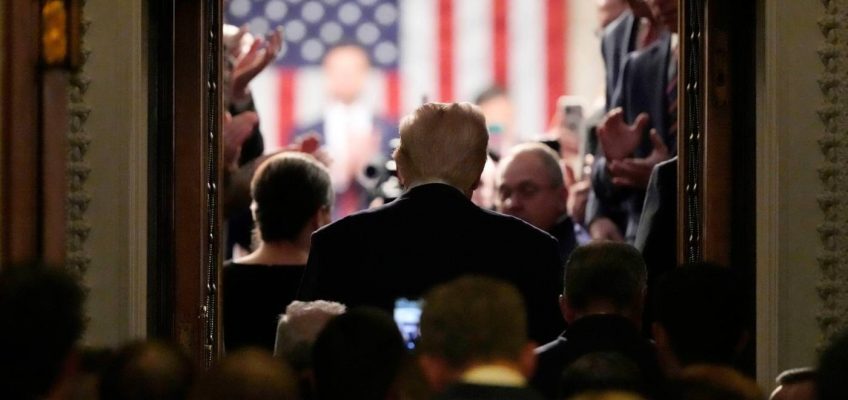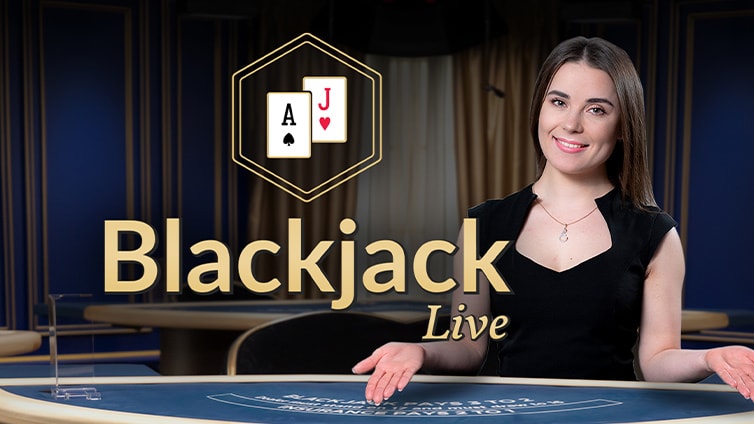WASHINGTON (AP) — A president’s speech to Congress — even without the formal gloss of a State of the Union address — is typically a time for a call to national unity and predictable claims about the country being strong.
But that wasn’t President Donald Trump’s plan. His speech on Tuesday night was relentlessly partisan, boasting about his election victory and criticizing Democrats for failing to recognize his accomplishments.
The hard edge reflected Trump’s steamroller approach to his second term, brushing aside opposition and demanding loyalty throughout the federal government.
Here are key takeaways from the speech:
Trump airs grievances and inflates achievements
Trump set a tone of division almost from his first words, calling his predecessor Joe Biden the worst president in history and chiding Democrats as so stinting in their praise of him they would not even grant him perfunctory applause.
He placed himself alongside the country’s first president, George Washington, when discussing what he said were the flood of early achievements of his second term.
He was speaking to a house divided. Republicans stood and cheered. For Democrats, it was silence, with occasional shouts of protest, with the only applause when he announced that Ukraine wanted to restart peace negotiations.
Trump leaned hard into cultural flashpoints — his opposition to affirmative action, diversity programs and transgender rights.
He inflated the scale of his victory in November, the margin of which was actually among the smallest in American history. The tenor was more that of a campaign speech than an address to Congress.
In a stunning breach of protocol and a measure of the fractious politics, one Democrat, Rep. Al Green of Texas, stood up and shouted at Trump, gesturing toward the president with his cane. He refused to sit when asked by House Speaker Mike Johnson, R-La., who ordered him removed.
Trump described Democrats as a lost cause. “There is absolutely nothing I can say to make them happy,” he said.
Trump warms on Zelenskyy after days of hammering the Ukrainian leader
Trump has been unsparing in his criticism of Ukraine’s President Volodymyr Zelenskyy.
But towards the end of his address, Trump read from a letter from Zelenskyy he had received earlier in the day.
Related Articles
Washington, DC, to remove ‘Black Lives Matter’ painting from street near White House, mayor says
From Cabinet secretary to doomsday president: What being a designated survivor is like
Groceries around the country remain expensive. That’s why more states want to stop taxing them
The IRS is drafting plans to cut as much as half of its 90,000-person workforce, AP sources say
FBI and DOJ headquarters are among more than 440 federal buildings listed for potential sale
“The letter reads Ukraine is ready to come to the negotiating table as soon as possible to bring lasting peace closer,” Trump said. “Nobody wants peace more than the Ukrainians … My team and I stand ready to work under President Trump’s strong leadership to get a peace that lasts.”
It remains to be seen if the letter will mark a detente in the long-complicated Trump-Zelenskyy relationship.
Late last week, Trump and Vice President JD Vance used an Oval Office meeting to rip Zelenskyy for being insufficiently grateful for the billions of dollars in U.S. aid poured into Ukraine. Trump then abruptly ended the White House meeting where the deal —designed to give the U.S. access to Ukraine’s deposits of titanium, lithium, manganese and more — was supposed to be signed.
On Monday, Trump ordered a “pause” in U.S. assistance to Ukraine as he looked to dial up the pressure on Zelenskyy to engage in negotiations to end the war with Russia.
Trump blames the soaring price of eggs on Biden, not bird flu
The president gave voice to a frustration of many Americans over rising costs of groceries — particularly the skyrocketing cost of eggs, but blamed Biden instead of the bird flu.
“Joe Biden especially let the price of eggs get out of control — and we are working hard to get it back down,” Trump said.
His agriculture secretary, Brooke Rollins, said last week that egg prices could still soar more than 40% this year.
The main reason egg prices have increased to a record average of $4.95 per dozen this month is that more than 166 million birds have been slaughtered to limit the spread of bird flu that has overwhelmed flocks around the country.
The administration announced the USDA will invest another $1 billion on top of the roughly $2 billion it has already spent battling bird flu since the outbreak began in 2022.
The looming presence of Elon Musk
Trump lavished praise on Elon Musk, the billionaire who he has tasked with overhauling the federal government and work force. Democrats tried to verbally fact check the president by shouting “false” at some of his assertions of success.
Musk, seated in the gallery above, stood when Republicans applauded him. Democrats held signs that said “Musk steals.”
Elon Musk stands and is recognized and applauded as President Donald Trump addresses a joint session of Congress at the Capitol in Washington, Tuesday, March 4, 2025. (AP Photo/J. Scott Applewhite)
The president said that Musk has found “hundreds of billions of dollars of fraud,” vastly overstating his team’s accomplishments. For example, many canceled contracts were already fully paid, meaning the government received no savings.
He was dressed more formally than usual, wearing a dark suit with a blue tie rather than a black t-shirt that says “tech support.”
Musk has vast influence as a presidential adviser, leading Trump’s efforts to overhaul and downsize the federal government. Thousands of workers have been laid off, with many more expected to follow.
Trump presses forward with tariff fight
The president has long viewed the stock market as a lodestar. But he ignored Wall Street losses that wiped out gains since the November election.
The stock market has been tumbling as Trump enacts tariffs on Canada and Mexico, critical trading partners that have been retaliating with their own levies. The dispute threatens to increase costs for American consumers even as the president promises to bring down prices.
Trump showed no interest in backing off, describing tariffs as integral to his political agenda.
“Tariffs are about making America rich again and making America great again. And it’s happening and it will happen rather quickly. There will be a little disturbance, but we’re ok with that.”
Mexico’s President Claudia Sheinbaum said she plans to announce retaliatory tariffs against the U.S. on Sunday.
Canadian Prime Minister Justin Trudeau earlier on Tuesday diagnosed Trump’s tariffs on Canadian imports as simply “a very dumb thing to do.”
Trump offers something for everyone
For rich foreigners, he talked up his plan to introduce a $5 million “gold card,” giving the wealthy preferred immigration status.
“We will allow the most success for job-creating people from all over the world to buy a path to U.S. citizen,” Trump said. “It’s like the green card, but better and more sophisticated.”
He also made his case that he’s for the everyman, redoubling on campaign promises to pursue three legislative efforts that could have huge impact on working Americans.
“I’m calling for no tax on tips, no tax on overtime and no tax on Social Security benefits for our great seniors,” Trump said.
At another point, he gushed that his trade policies will be a boon for the agriculture industry, even as farm-state senators have warned that tariffs could hurt them.
That was then, this is now
The president has always reveled in his reputation for tough talk. But a look back at 2017, when Trump gave his first speech to Congress in his first term, shows how Trump has only become more of a hardliner.
Eight years ago, he talked about working with Canada’s Trudeau to support women entrepreneurs in both countries. He paid homage to “our nation’s path towards civil rights.” He said “real and positive immigration reform is possible.” There was no reference to Barack Obama, who he replaced in the White House.
Now Trump is feuding with Trudeau over tariffs. He used his speech to criticize diversity, equity and inclusion initiatives, which he’s been swiftly eliminating across the federal government. His remarks on immigration focused on deporting criminals. And he repeatedly derided Biden.


